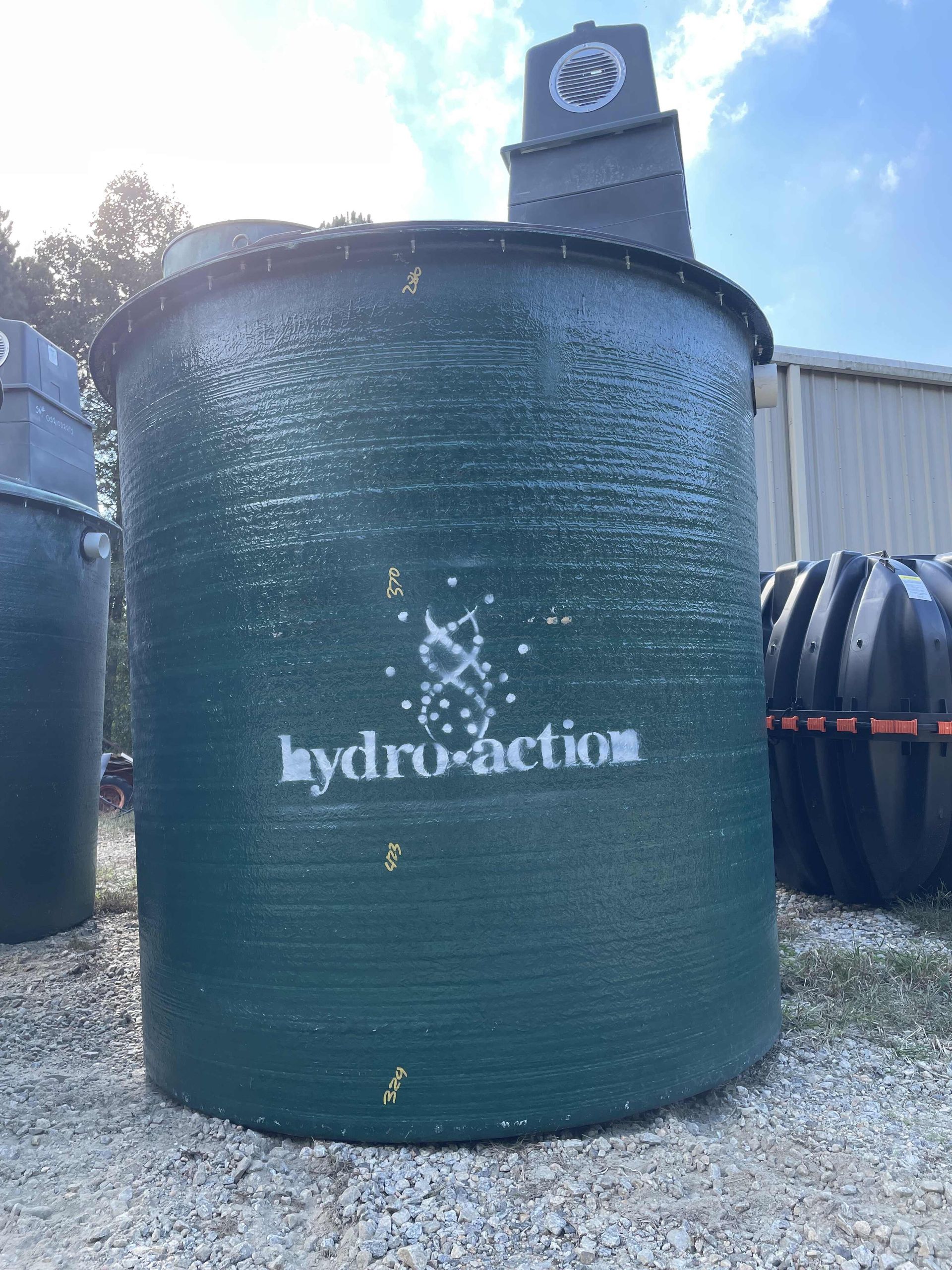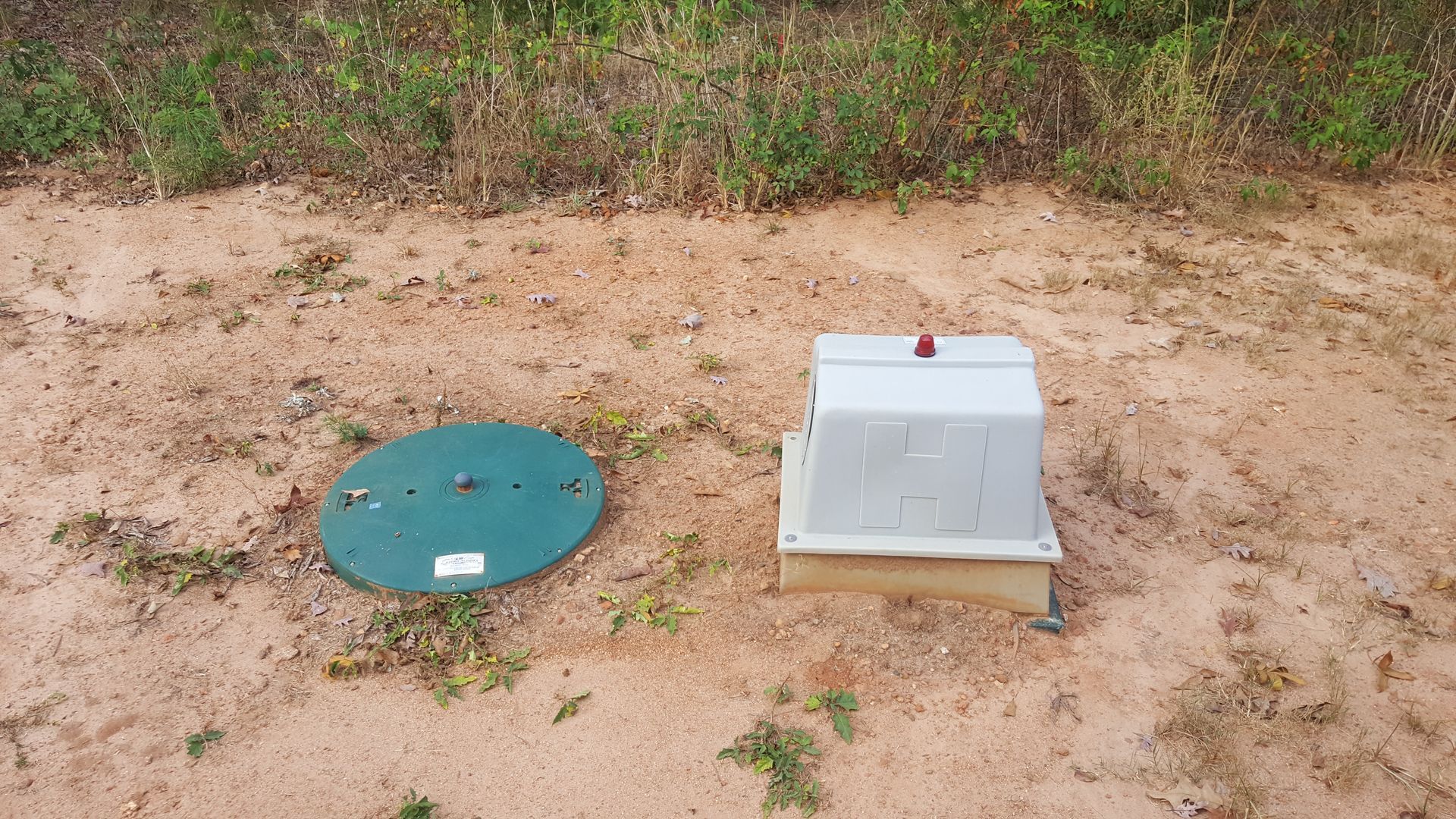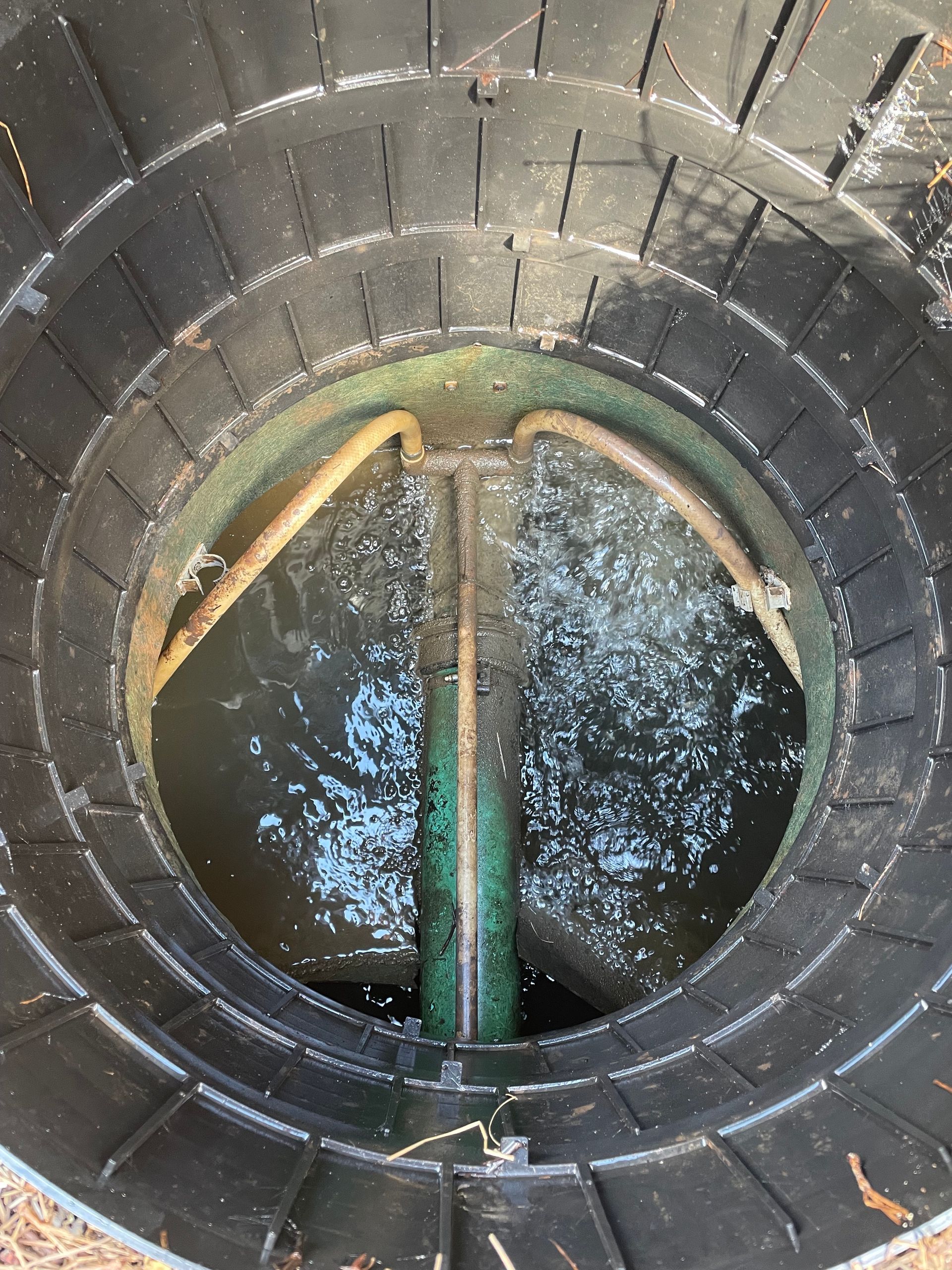Get in touch
404-788-3474
asmseptic@gmail.com
Email Us on: asmseptic@gmail.com
Call or Text: 404-788-3474
Microorganisms in ATUs: Boosting Wastewater Treatment Efficiency
Aerobic Treatment Units (ATUs) provide efficient and environmentally responsible wastewater treatment by utilizing biological processes involving microorganisms. These microscopic helpers are the backbone of effective wastewater treatment, breaking down organic matter and reducing contaminants found in residential and commercial systems. Understanding the importance of microorganisms in ATUs and their proper maintenance is indispensable for optimizing system performance and longevity.
In this article, we'll explore the different types of microorganisms at work in ATUs, their role in enhancing wastewater treatment efficiency, and how to promote a healthy environment for these organisms to thrive. At Alternative Septic Management Inc., we understand the importance of maintaining the right conditions for efficient biological processes in ATUs, and we'll share our expertise to ensure your aerobic treatment system operates optimally.
The primary microorganisms present in ATUs are bacteria, including both aerobic and facultative types. Aerobic bacteria require oxygen to break down organic matter, while facultative bacteria can switch between oxygen-rich and oxygen-poor conditions. These bacteria work together to decompose pollutants, reducing their concentration in the treated wastewater.
Having a balanced microbial community within the ATU is critical in ensuring effective wastewater treatment. Changes in the bacterial population or unfavorable environmental conditions can adversely impact treatment efficiency, potentially leading to system malfunctions, odorous emissions, or even environmental contamination.
Understanding the Different Types of Microorganisms in ATUs
There are various strains of bacteria that contribute to the efficient operation of aerobic treatment units. Having a diverse population of microorganisms ensures that organic matter is broken down effectively and that treated wastewater meets regulatory standards. The two primary types of bacteria found in ATUs are:
1. Aerobic bacteria: These bacteria thrive in oxygen-rich environments, rapidly breaking down organic matter through a process called cellular respiration. During this process, they use oxygen to convert organic compounds into carbon dioxide, energy, and other byproducts. These byproducts can then be further processed by other microorganisms to minimize the environmental impact of the treated wastewater.
2. Facultative bacteria: Facultative bacteria have a remarkable ability to adapt to changing oxygen levels. They can switch between metabolizing compounds with (aerobic mode) or without (anaerobic mode) oxygen. This flexibility plays a crucial role in maintaining a consistent treatment process, particularly when variations in oxygen availability or wastewater loads occur.
Factors Influencing Microbial Performance in ATUs
Maintaining a balanced bacterial population in the ATU is essential for wastewater treatment efficiency. However, several factors impact the performance of microorganisms, including:
1. pH: The pH value represents the acidity or alkalinity of the wastewater and plays a significant role in bacterial activity. A balanced pH ensures that microbes can effectively consume and break down organic matter. The optimal pH range for bacteria in ATUs is 6.5 to 7.5, as this range supports maximum bacterial activity and growth.
2. Temperature: Temperature directly affects the metabolic rate of microorganisms in the ATU. As the temperature drops, bacterial growth and activity also decrease. This makes it crucial to ensure proper insulation and system care, particularly during colder autumn and winter seasons.
3. Oxygen Availability: Ensuring adequate oxygen levels is necessary for the efficient breakdown of organic waste by aerobic bacteria. If oxygen is scarce within the ATU, the bacteria may not be able to effectively perform their role in the treatment process, leading to reduced treatment efficiency.
Promoting a Healthy Environment for Microorganisms in ATUs
Proper maintenance of your ATU system plays a critical role in supporting a balanced microbial community and, consequently, effective waste treatment. To promote a healthy environment for these tiny helpers, consider the following practices:
1. Regular Inspections: Routine inspections by experienced ATU professionals, such as the team at Alternative Septic Management Inc., can help identify and address any maintenance needs that might disrupt the balance of your microbial community. For example, checking oxygen levels, system components, and assessing the bacterial population can ensure ongoing system efficiency.
2. Balancing Organic Loads: Overloading the ATU with excessive amounts of organic matter can lead to a decline in microbial performance. It's essential to regulate the amount of waste generated and avoid sudden spikes in organic loads to maintain the optimal function of your ATU system.
3. Avoiding Harmful Chemicals: The introduction of harsh chemicals, cleaning agents, or other substances can harm the microorganisms within the ATU. To preserve the balance of your microbial community, be judicious about the types of chemicals and substances used in your property, and ensure they do not compromise the ATU system's biological processes.
Proper Disposal of Waste To Support the ATU Microbial Community
One often overlooked aspect of maintaining an efficient and balanced ATU system is being mindful of what goes down the drain or into the toilet. Proper waste disposal habits have a direct impact on the microbial community and overall system efficiency. Steps to follow include:
1. No Non-Biodegradable Waste: Avoid flushing non-biodegradable items, such as paper towels, diapers, or sanitary products, as these can impede the breakdown of organic matter and lead to clogs.
2. Minimize Grease Disposal: Grease and fatty substances can have a detrimental impact on ATU bacteria, limiting their ability to efficiently break down organic matter. Be cautious when disposing of greasy substances, and avoid overloading your system with kitchen wastewater.
By being mindful of these practices, you can support the microbial community in your aerobic treatment unit and contribute to effective wastewater treatment and environmental responsibility.
Balancing Microbial Harmony With Expert Maintenance and Support
Microorganisms play a critical role in ATUs by breaking down organic matter and reducing contaminants in residential and commercial wastewater treatment systems. Proper maintenance and care, including regular inspections, controlling environmental factors, and practicing responsible waste disposal, can help support a healthy microbial environment to ensure long-term efficiency and performance of your ATU system.
Alternative Septic Management Inc. brings a wealth of experience in providing maintenance, repair, and expert assistance for a wide range of ATU systems. Contact our team today for support and services tailored to your unique wastewater management needs, ensuring your
aerobic treatment unit remains an effective and eco-friendly solution for years to come.The body content of your post goes here. To edit this text, click on it and delete this default text and start typing your own or paste your own from a different source.
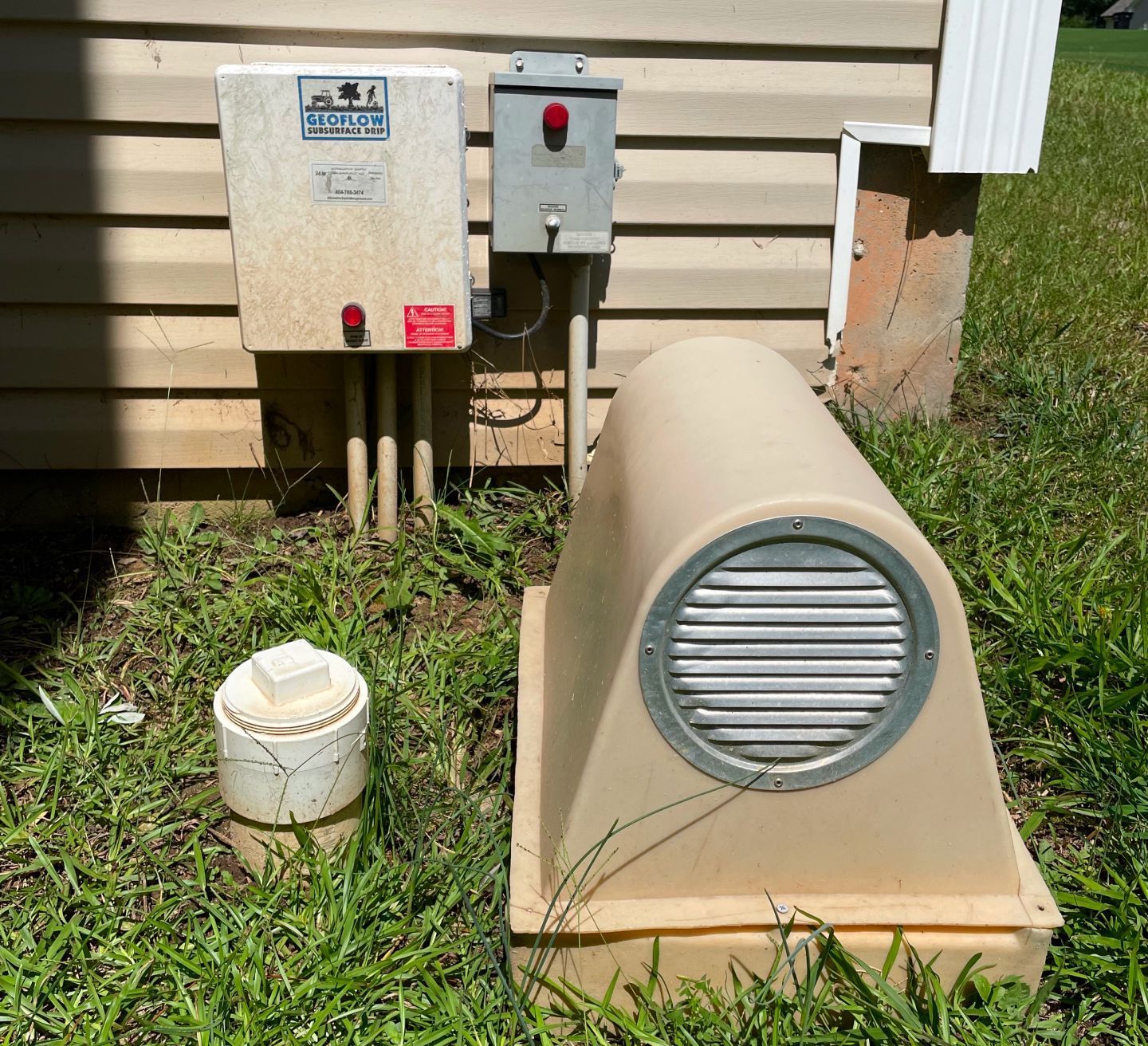
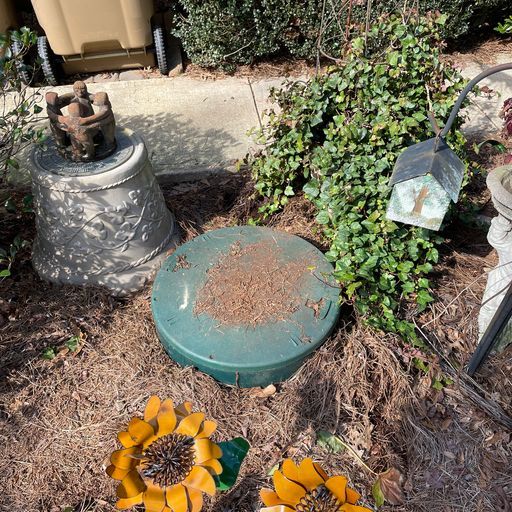
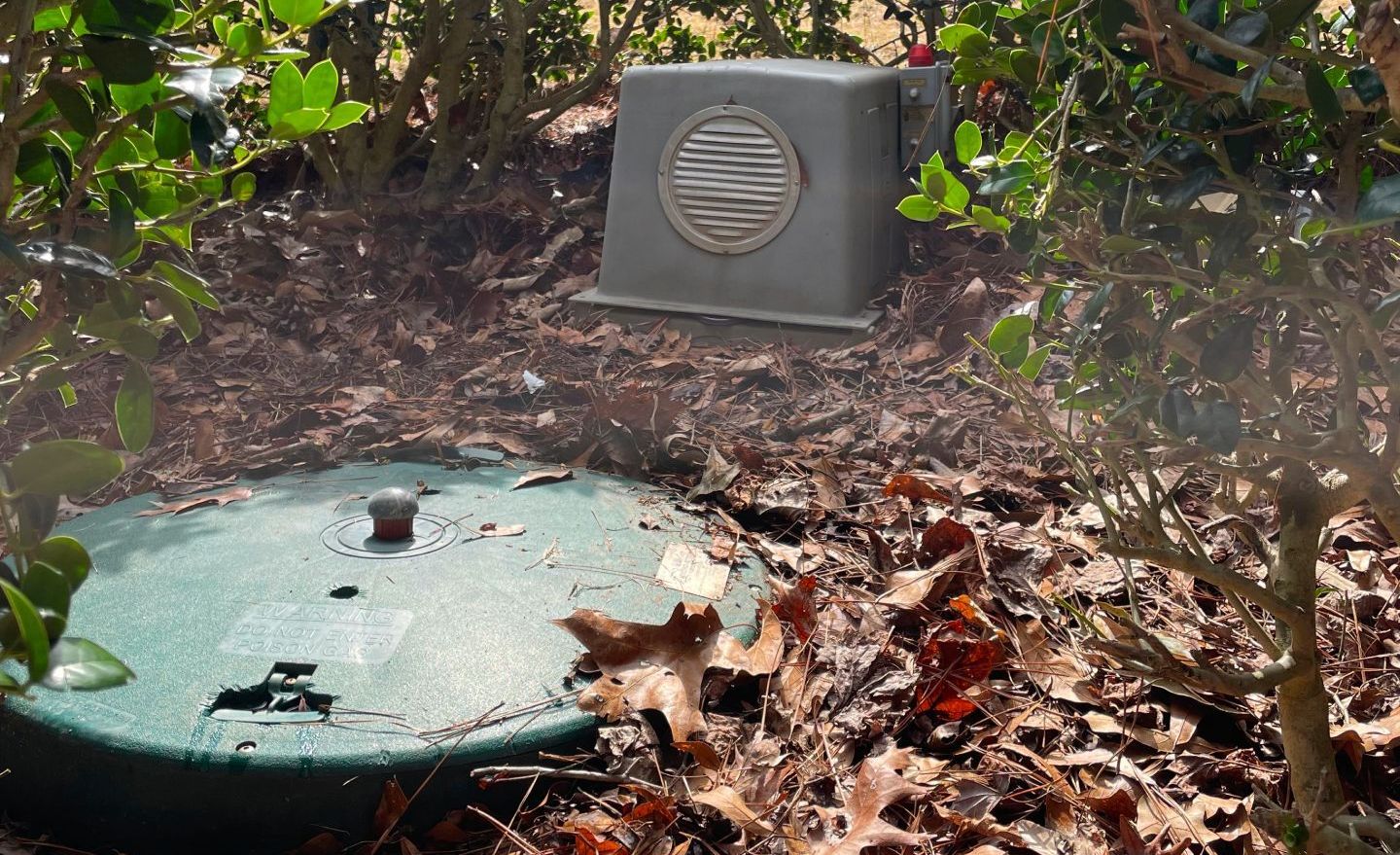
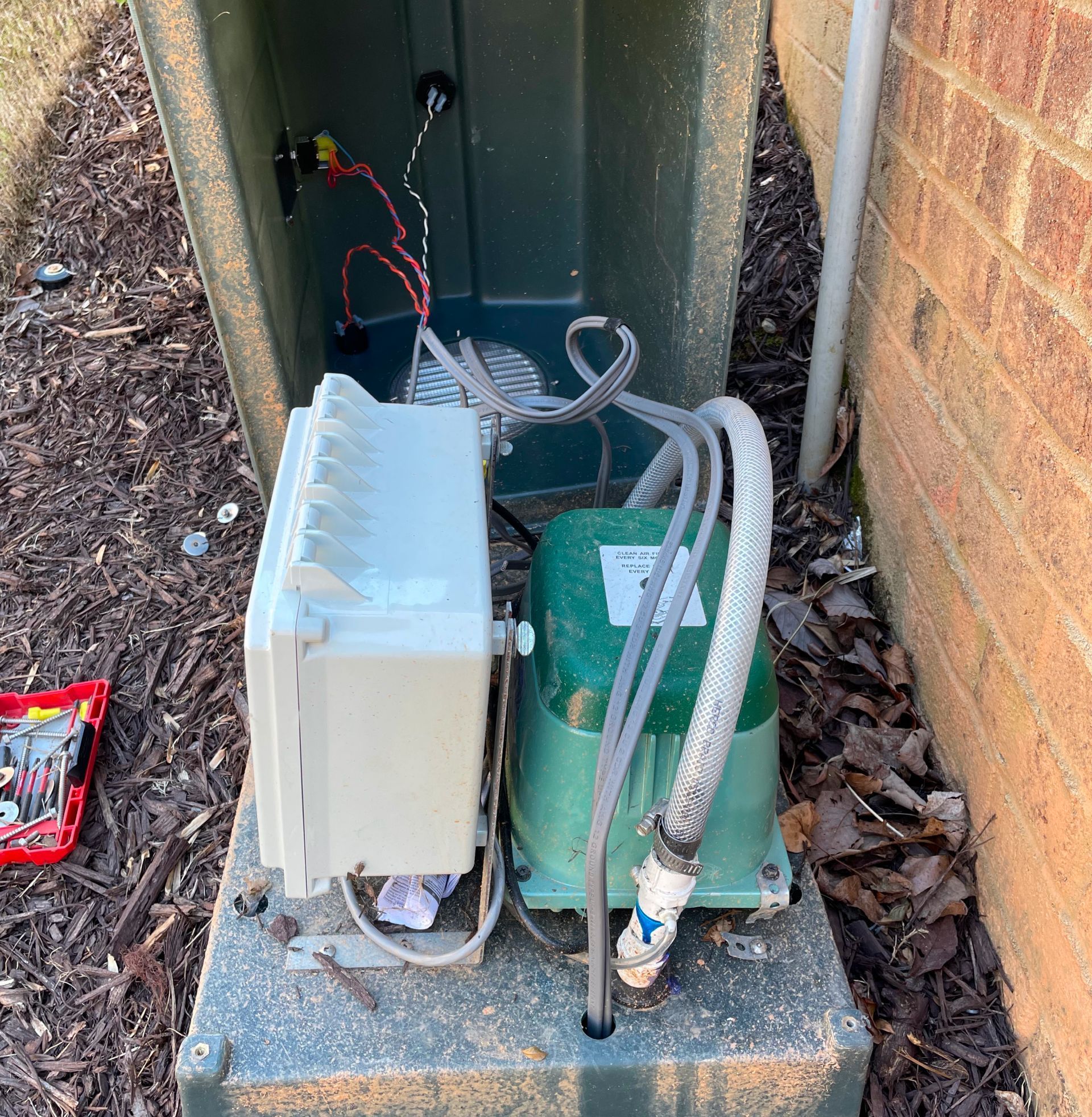

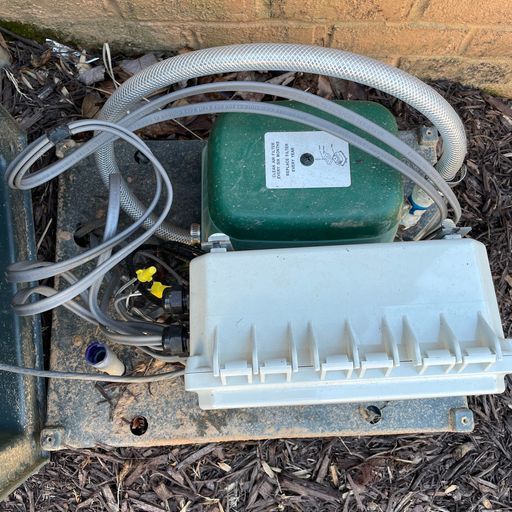
Alternative Septic Services For Residential And Commercial Systems Requiring Alternative Septic Systems.
Quick Links
Our Services
Septic Installation
Septic Repair
Septic Inspection
Air Compressor Maintenance
Pump Maintenance
Get In Touch
Mobile: 404-788-3474
Email: asmseptic@gmail.com
Address: 3295 Fannie Thompson Rd. Monroe GA 30656
Copyright 2025 © All Rights Reserved. Alternative Septic Management, Inc.

